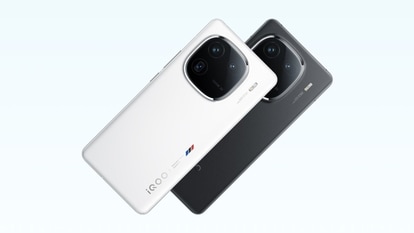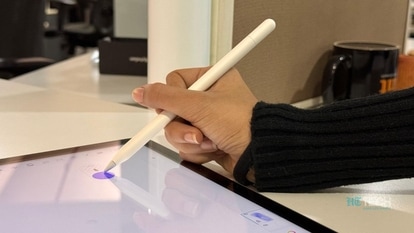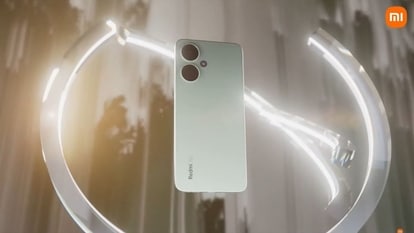iPhone 15 Pro chip: How fast is it vis a vis its predecessor?
Apple, at its Wonderlust event, claimed that its iPhone 15 Pro models are faster than the standard iPhone 15 and iPhone 15 Plus. Know the difference in performance between Apple’s A17 Pro and A16 Bionic chipsets.
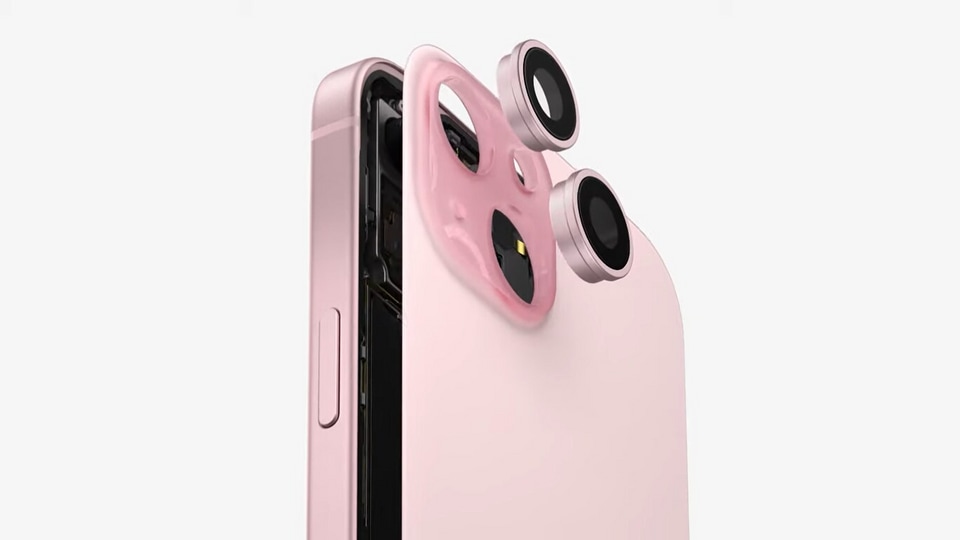
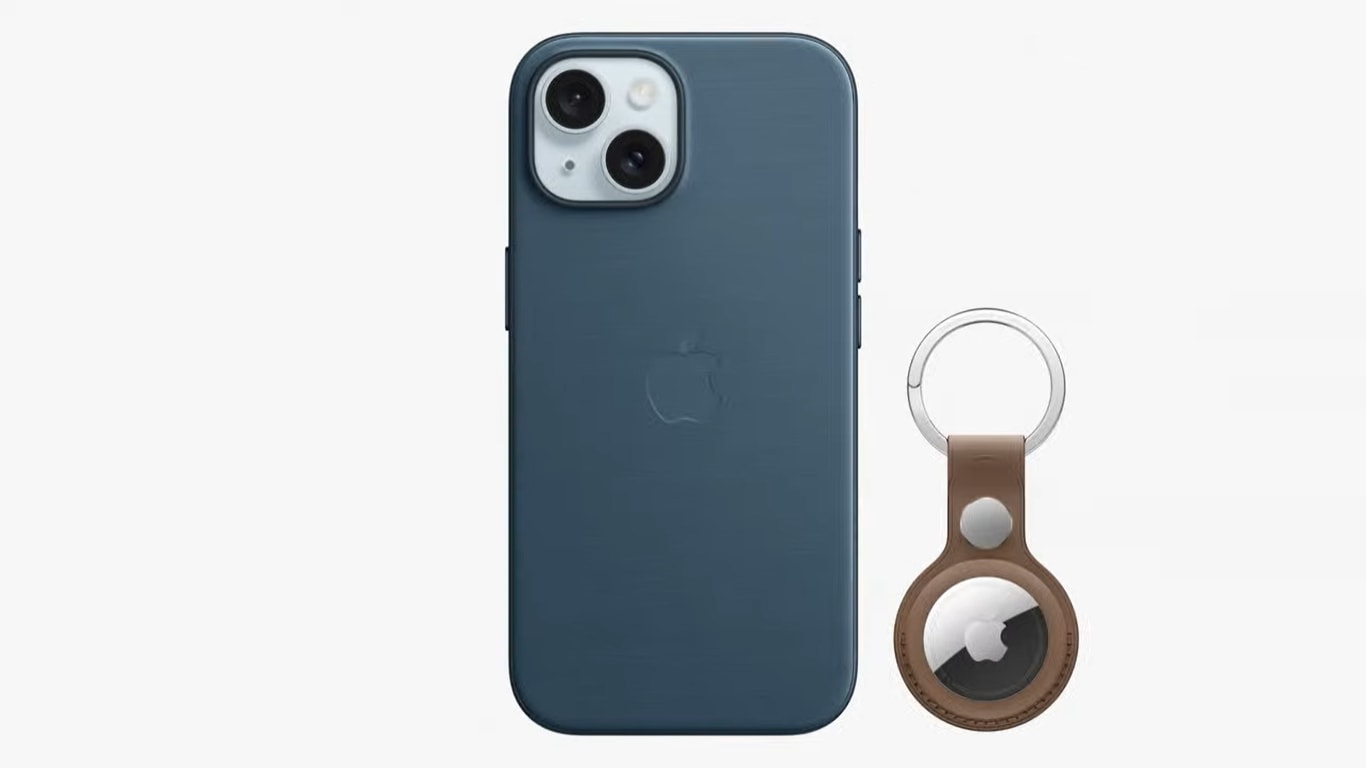

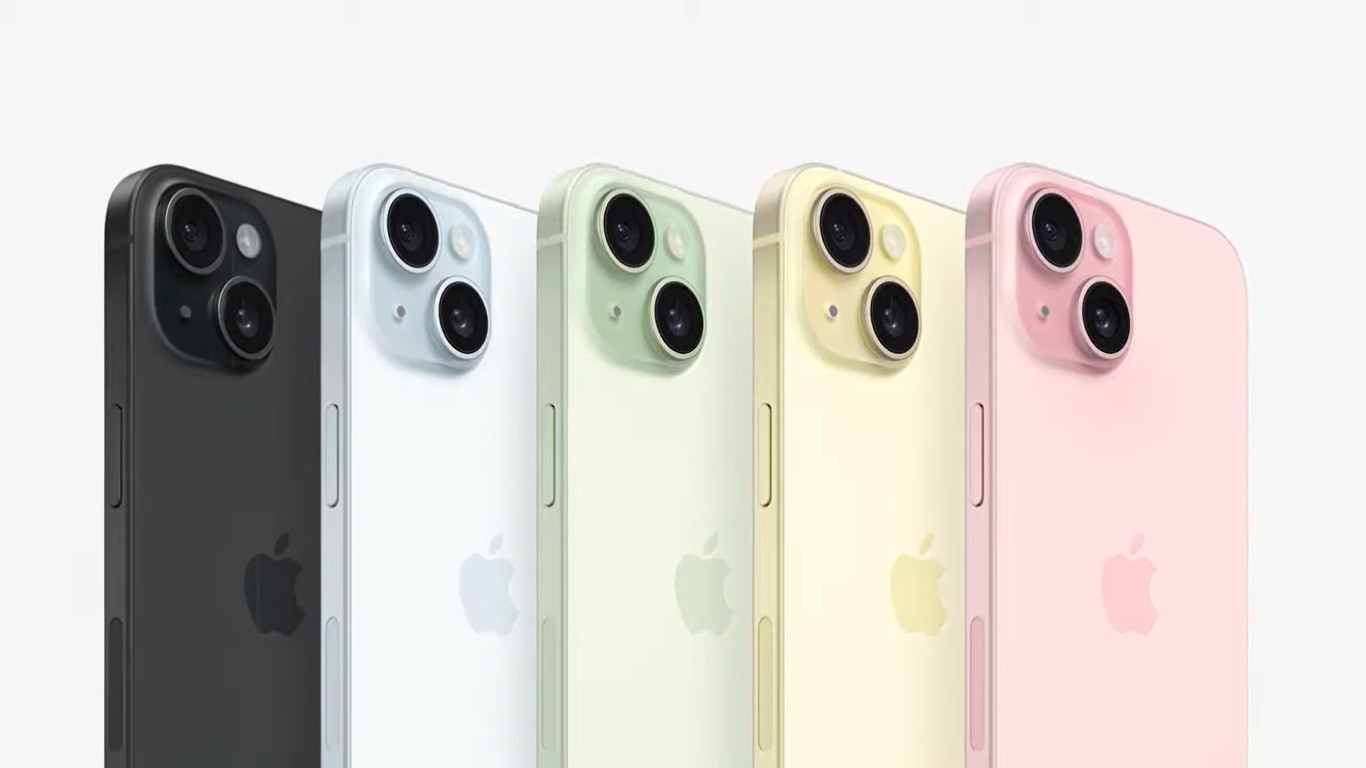
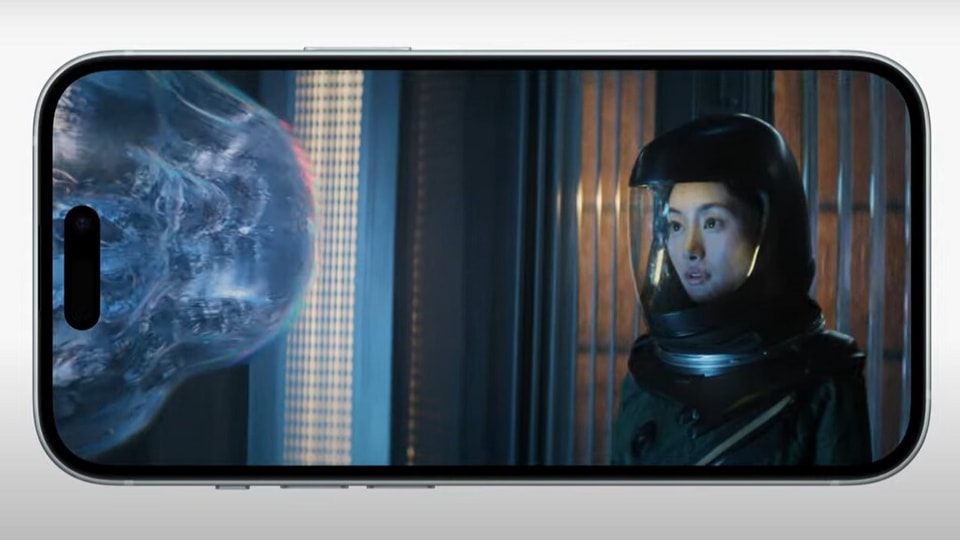
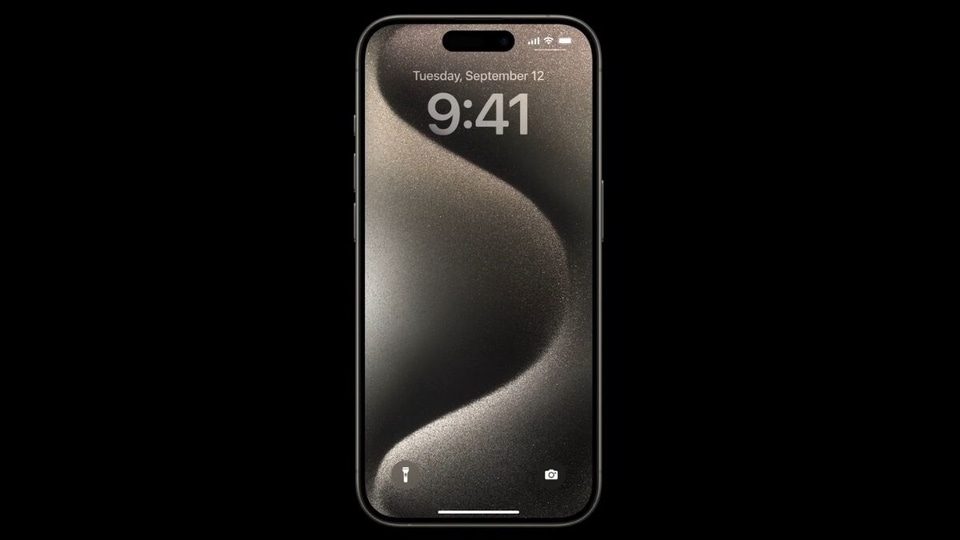
 View all Images
View all ImagesApple unveiled its iPhone 15 series on September 12, culminating months of leaks and rumours. As expected, the iPhone 15 series features four models - iPhone 15, iPhone 15 Plus, iPhone 15 Pro and iPhone 15 Pro Max. One of the most notable differences this year is not visible on the outside but could play a major role in the smartphone's performance. The standard iPhone 15 models feature the A16 Bionic SoC that powered the iPhone 14 Pro models last year, while the high-end iPhone 15 Pro and iPhone 15 Pro Max get Apple's new A17 Pro SoC under the hood.
Since the A17 Pro is a newer chipset, a boost in performance is expected. But how much is it faster than the A16 Bionic?
iPhone 15 series: A17 Pro vs A16 Bionic
The most standout change this year in terms of chipsets is the fabrication process. The A17 Pro is the industry's first chipset manufactured on a 3nm process. This not only promises to bring a bump in performance but also an increase in energy efficiency. The A17 Pro features 6 GPU cores, compared to 5 GPU cores on the A16 Bionic, which makes the GPU about 20 percent faster than last year's chipset, according to Apple.
mobile to buy?
According to the latest Geekbench listing (via MySmartPrice), the A17 Pro had a single-core score of 2914 and a multi-core score of 7199. On the other hand, the A16 Bionic had 2519 single-core and 63687 multi-core scores. That means the iPhone 15 Pro and iPhone 15 Pro Max are indeed faster than the standard iPhone 15 models, but not by an astronomical margin. It also reveals that the new iPhones do come with 8GB RAM, which was previously rumoured.
The listing also revealed the scores of the A15 Bionic chipset which powers the standard iPhone 14 models, and the difference between A17 Pro and A15 Bionic is significant. The A15 Bionic had a single-core score of 2183 and a multi-core score of 5144, making the A17 Pro nearly 40 percent faster than the iPhone 14's chipset.
While the benchmark score does matter, it fluctuates depending on various factors such as temperature, conditions, battery percentage, and more, thus it should not be the sole factor when making a decision to buy a new smartphone.
Catch all the Latest Tech News, Mobile News, Laptop News, Gaming news, Wearables News , How To News, also keep up with us on Whatsapp channel,Twitter, Facebook, Google News, and Instagram. For our latest videos, subscribe to our YouTube channel.























